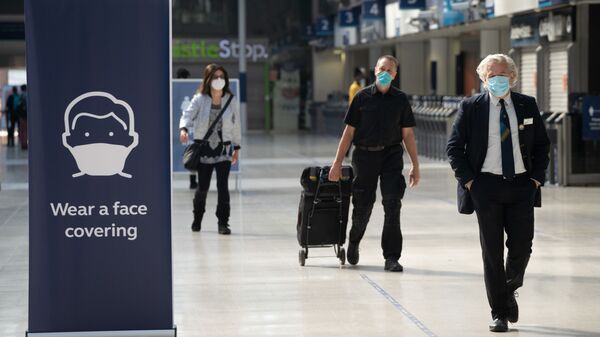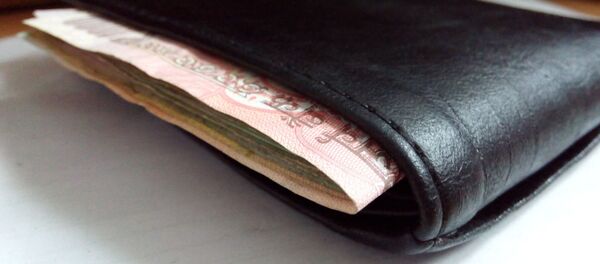UK-Dutch consumer goods giant Unilever, whose products include everything from packaged food and snacks to cleaning agents, beauty products, personal hygiene, restaurant supplies, medical goods and pharmaceuticals, has warned that the long-feared global recession stemming from coronavirus-related lockdowns has already begun, leading to changes in the spending habits of its customers.
“It does seem inevitable that we are going to have a big, global economic downturn. We don’t really know the depth and length of that…We are doing lots of work around the business just now to find gaps in our value portfolio,” CEO Alan Jope said.
“We believe that talk about a quick recovery is too optimistic. A deep global recession has already started and we are seeing consumer habits changing dramatically. Unemployment is rising across many markets and even for those with jobs, people are saving a bit harder,” he added.
The Financial Times reported Thursday that Unilever had become the most valuable company listed on the Financial Times Stock Exchange 100 Index, with the company’s stock price rising over 8 percent in trading on news that underlying sales had declined only -0.3 percent during the second quarter of 2020, far below projections of a -4.3 percent drop. The company currently has a total estimated market capitalization of £121 billion (about $154 billion US).
Jope attributed the better than expected figures to “good agility in responding” to changes in consumer demand, including a burst in spending on hygiene products such as soaps and sanitizers, and double digit growth in spending on ice cream, mayonnaise, soups and other food products, the consumption of which has growing during lockdowns worldwide. Other divisions including food services, skincare, hair products, and deodorants suffered losses of varying severity.
Coronavirus Economic Blues
The coronavirus pandemic and the move by most nations to introduce strict lockdowns, close shops and businesses and halt manufacturing activity has led to Depression-level unemployment in many countries, and fears that the world will face its worst recession in decades in the coming months and years. Late last month, the International Monetary Fund predicted that the global economy would shrink by 4.9 percent in 2020.




